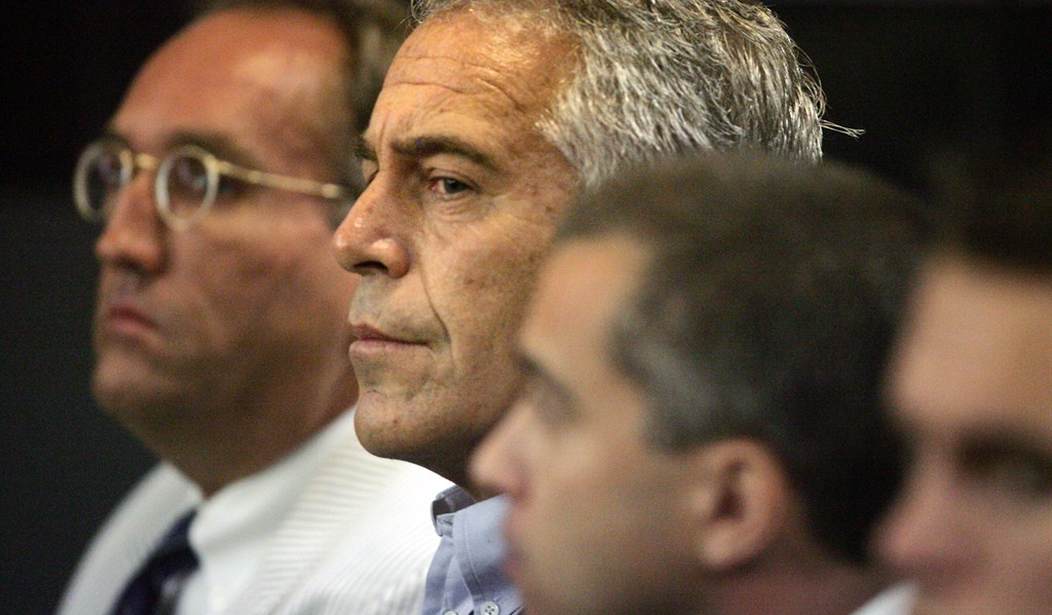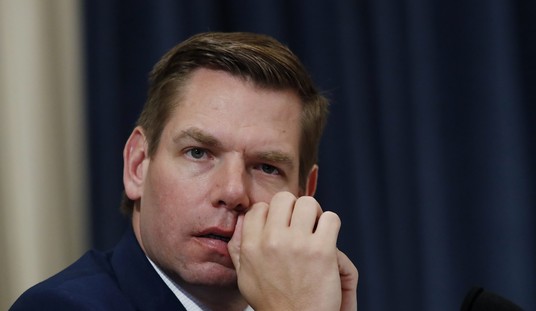In yet another compelling revelation in the story of Jeffrey Epstein, the deceased multi-millionaire sex trafficker’s brother has brought new information to light that could cast further doubt on the circumstances surrounding his death.
During a February 9 interview with journalist and podcaster Megyn Kelly, Mark Epstein indicated that these details should cause the public to question the official narrative concerning his brother’s supposed suicide which occurred while he was in jail in 2019.
Mark recalled how he had first accepted that his brother had taken his own life, trusting New York City’s Chief Medical Examiner, Dr. Barbara Sampson’s conclusion. “I had no reason to doubt it…so, I respected that as [Jeffrey’s] decision,” he said. However, upon examining the evidence more closely, he began rethinking what he had been told.
However, he went on to say that upon meeting with medical examiners in New York City at the time, he was informed that his brother’s death could not be called a suicide “because it looked too much like a homicide.”
“So, then the questions became if he didn’t commit suicide, then he was killed, and then who killed him? How was it done?” Mr. Epstein continued before proceeding to present photos of his brother’s autopsy.
The photos showed injuries to Epstein’s neck, which looked more like a wire or thin rope had been used to strangle him, as opposed to marks from the alleged bed sheet that was used in his reported suicide.
This also raised questions with Ms. Kelly, who also failed to see the marks on Epstein’s neck matching what was conveyed in the official narrative.
“I have a hard time, as a layperson, understanding how a sheet made that mark,” Ms. Kelly said after being presented with the photos. “It’s almost like garrote was used or some sort of rope wire.”
The images Mark presented fueled his suspicion that his brother’s death was not a suicide and caused him to further question what happened on that day.
Beyond the autopsy photos, Mark brought up other odd irregularities, including the security camera that conveniently malfunctioned and the mysterious relocation of his brother’s corpse after he was dead. "So, then the questions became if he didn’t commit suicide, then he was killed, and then who killed him? How was it done?" Mark asked.
In January, Mark discussed his doubts about the supposed suicide with the New York Post.
But the official decision came within a week, saying that it was a suicide, made possible by "screw-ups," so it required no further investigation. A long report was later issued, blaming “long-standing operational challenges” for Epstein’s death.
But his brother, Mark Epstein, isn't buying that. He says that when you look at the facts, "we get more questions."
“There appears to have been no investigation once it was ruled a suicide, they saw no reason to dig deeper," he said. “It seems like a cover-up. Why can’t I find his pre-hospital care report and why can’t I get the 911 call?”
Mark’s relationship with Jeffrey had become distant after their mother’s passing about 15 years ago. Still, Mark is still seeking the truth behind his brother’s demise and has called for another investigation.
With the recent revelations about Jeffrey’s possible clients, the implications of this case reach far beyond a jail cell in New York.
These developments cast a stretching shadow over the official narrative related to Jeffrey Epstein’s death and could prompt renewed calls for transparency. A new investigation seems unlikely given the fact that the trafficker included several high-profile individuals in his crimes. But one can never say “never” when it comes to these issues. This story is clearly far from over, but it leaves us with one burning question: Will we ever know the full truth about Jeffrey Epstein?














Join the conversation as a VIP Member